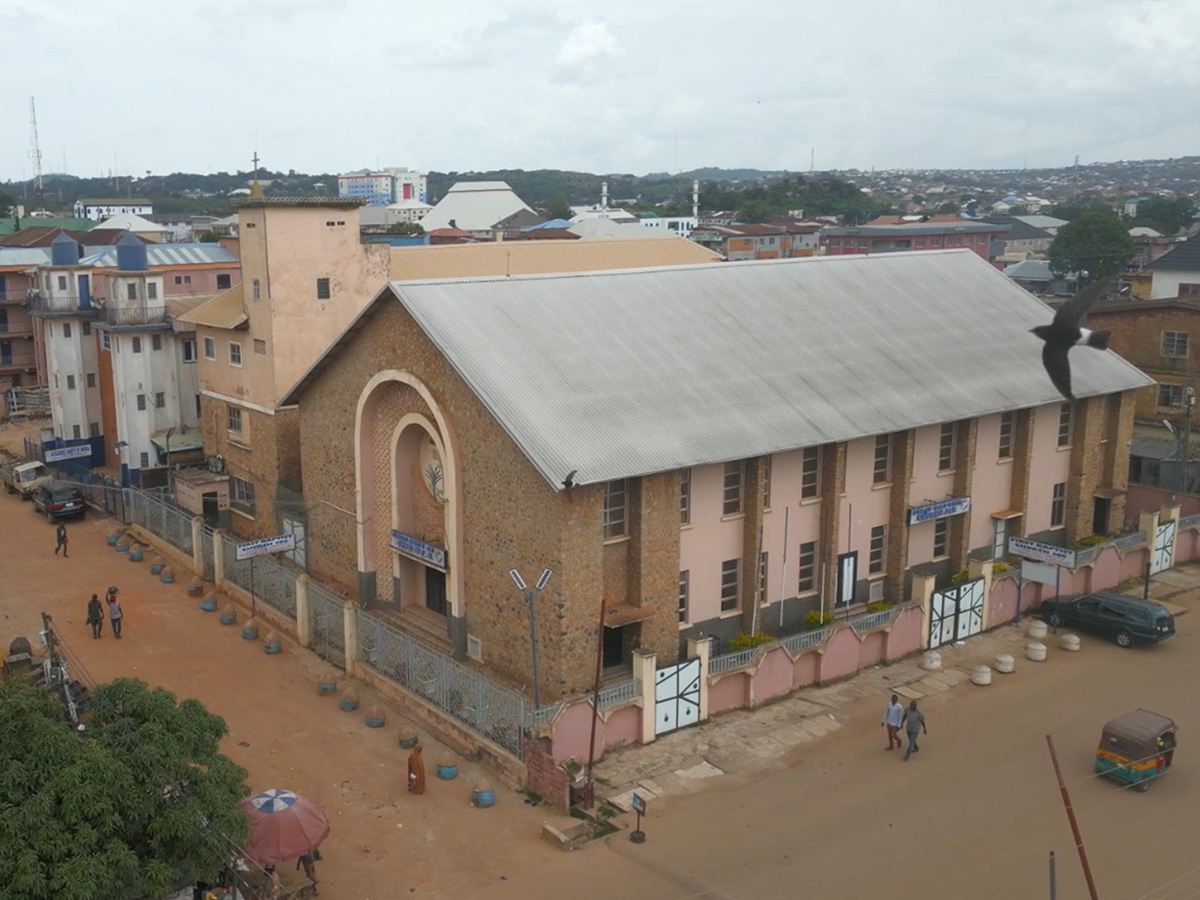What is FORB?
FORB stands for Freedom of Religion or Belief. It refers to the fundamental human right that allows individuals and communities to freely hold, practice, express, and change their religious or non-religious beliefs without fear of discrimination, persecution, or coercion. This right is enshrined in various international human rights frameworks, such as Article 18 of the Universal Declaration of Human Rights (UDHR), which states:
Everyone has the right to freedom of thought, conscience and religion; this right includes freedom to change his religion or belief, and freedom, either alone or in community with others and in public or private, to manifest his religion or belief in teaching, practice, worship and observance.
Article 18 of the United Nations (UN) Universal Declaration of Human Rights (UDHR)





